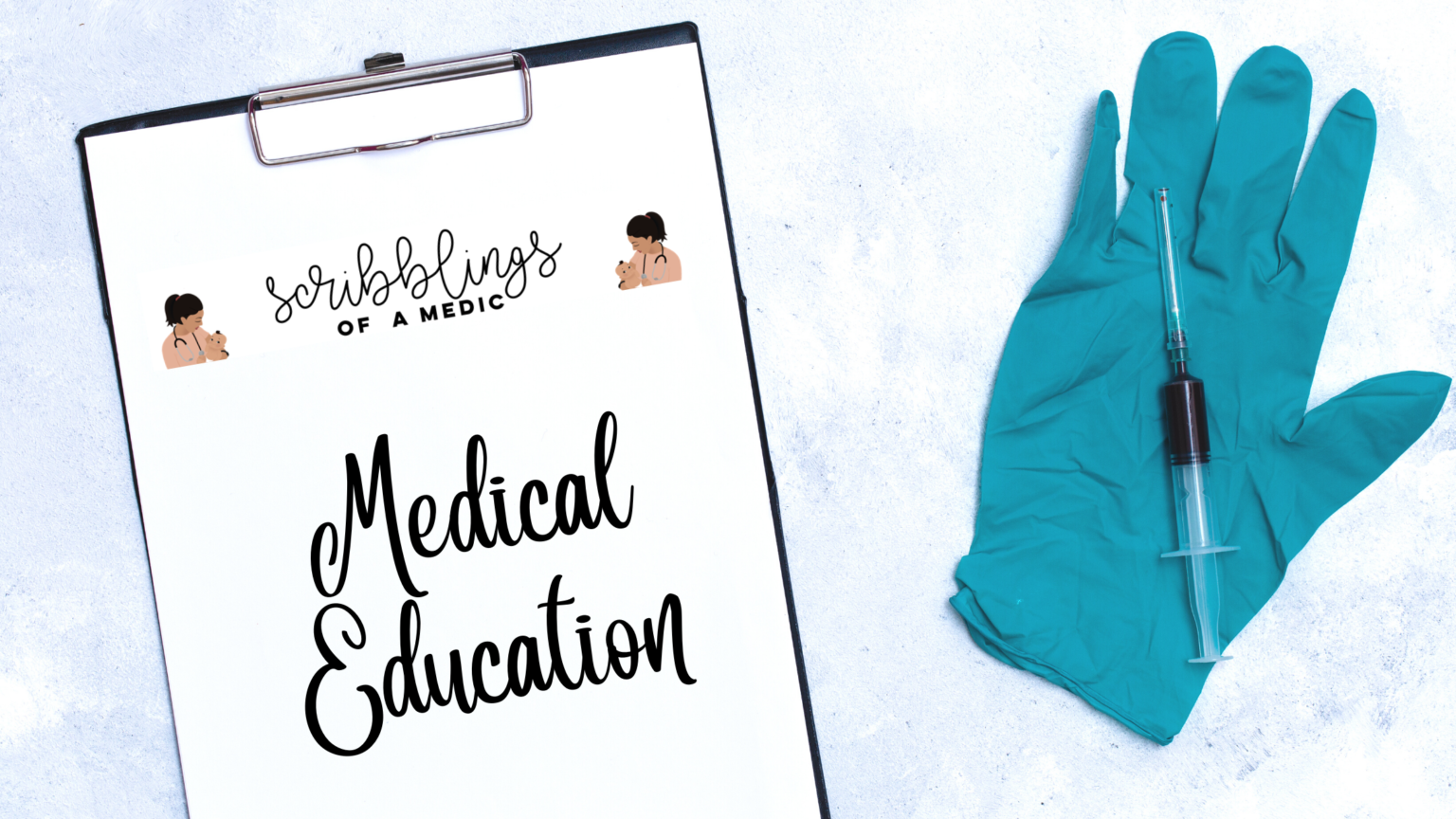Filling out forms takes up a lot of time when you’re an intern and for some it’s a huge shell shock because you don’t know what is required. The most annoying form to fill would be the blood request from because the details of the patient need to be EXACT to the patient details on the BHT (to be safe I would even go as far as to say, fill in the form using the capital/simple letters written on the BHT by the admitting OPD doctor) or else the form will be returned and this is something that is not going to go down well when you’re in surgery and a patient is massively haemorrhaging.
Below I’ve filled out a couple of the most frequent investigation forms to be filled out by an intern, but just know that there are many more forms out there (most of which are self explanatory)!
Haematological/biochemistry investigations
The following form can be used to request:
- Full blood count
- S.Cr/BU/LFTs/CRP/S.Amylase/Lipid profile/SBR/S.Calcium – you can request them individually or if you need more than one of the above, the above set can all be written on one form.
- Serum electrolytes – sodium and potassium
- PT/INR – if the sample is sent for certain paediatric age groups, you might need to send a control sample from a child of the same age
- Group + DAT – this form goes to the blood bank so similarly to the blood transfusion request form all the patient details needs to be identical to the patient’s BHT.
- Reticulocyte Count
- CSF Full report
- Urine Full Report
- Stool Full Report

Haematology/biochemistry investigation forms
Culture forms

Microbiology request forms
The following microbiology request form can be sent for urine, blood, CSF and even eye swab cultures.
Remember to always write down the time and date the specimen was taken – urine cultures can be given back within 2 days if there is no growth whilst blood cultures need at least 72 hours to check for a growth.
The antibiotics you intend to give or have already given should be mentioned as in the presence of a growth on the culture, the lab can then check for specific antibiotic sensitivity and resistance.
Radiograph request forms
The clinical history must always be indicated no matter how busy you are or else you’re going to have major problems with the radiology department. All x-rays required can be written down on one form, however remember that you are exposing the patient to radiation and so order the x-rays that are clinically indicated.

Radiological x-ray forms
ECG request form
The arrival time of the ECG technician will largely depend on the clinical history written and hence be specific with what the problem is and how urgently you require an ECG. Pre-operative ECGs are not urgent and so don’t push around an ECG technician because you forgot to take a pre-op ECG. Just call the technician and politely ask if they would be able to do an ECG for the patient – most of the time they’d be nice enough to do it.

ECG request form
Blood transfusion request form

Blood product request form
Possibly the most stressful form to fill out, because you will get a returned form if the details are not specific. As with any request form sent to the blood bank, the patient details need to be identical to that which is mentioned on the BHT.
Routine requests should be sent before 11:00 a.m (these include reserving blood packs for routine surgeries and blood packs required for thalassaemia patients. Urgent blood packs can be sent thereafter, but that will take at least 45 minutes to process. If you request O -ve blood, the consultant must sign for it.
When it comes to children you don’t just order blood in packs, you need to calculate the appropriate volume of blood for their weight – I will explain this in another blog post soon.
There are plenty other forms as mentioned before which include:
- Cytology – CSF, joints, e.t.c
- FFP/CSP request
- Form to be sent to the Medical Research Institute – i.e. for hepatitis B antigen isolation, for TORCH screening. Forms need to be signed by the consultant.
- Tumour markers – These are outsourced in our hospital to the nearest hospital with the facilities and these forms need to be signed by the consultant.
- Notification form – Diseases such as dengue, leptospirosis, meningitis and typhus need to be notified. It’s an easy form to fill.
- TSH forms – All newborns in certain provinces are tested for congenital hypothyroidism and you need to fill in a TSH form which include all the patient details. The mother of the baby will be notified by text message of the result.
The bulk of your work as an intern is filling in form and it’s a really annoying task, but someones got to do it. Just remember that when you clerk patients and include the investigations required in your management plan, fill out the required forms then and there. Try to be as careful as you are when filling out the forms as the blood bank especially has no shame in their game when returning forms with mistakes – and realistically you can’t blame them. I really hope this helps because I remember as an intern being utterly lost and confused for a while. Do let me know if there are any other forms that you would like to know how to fill! Good luck to the new batch of interns!





